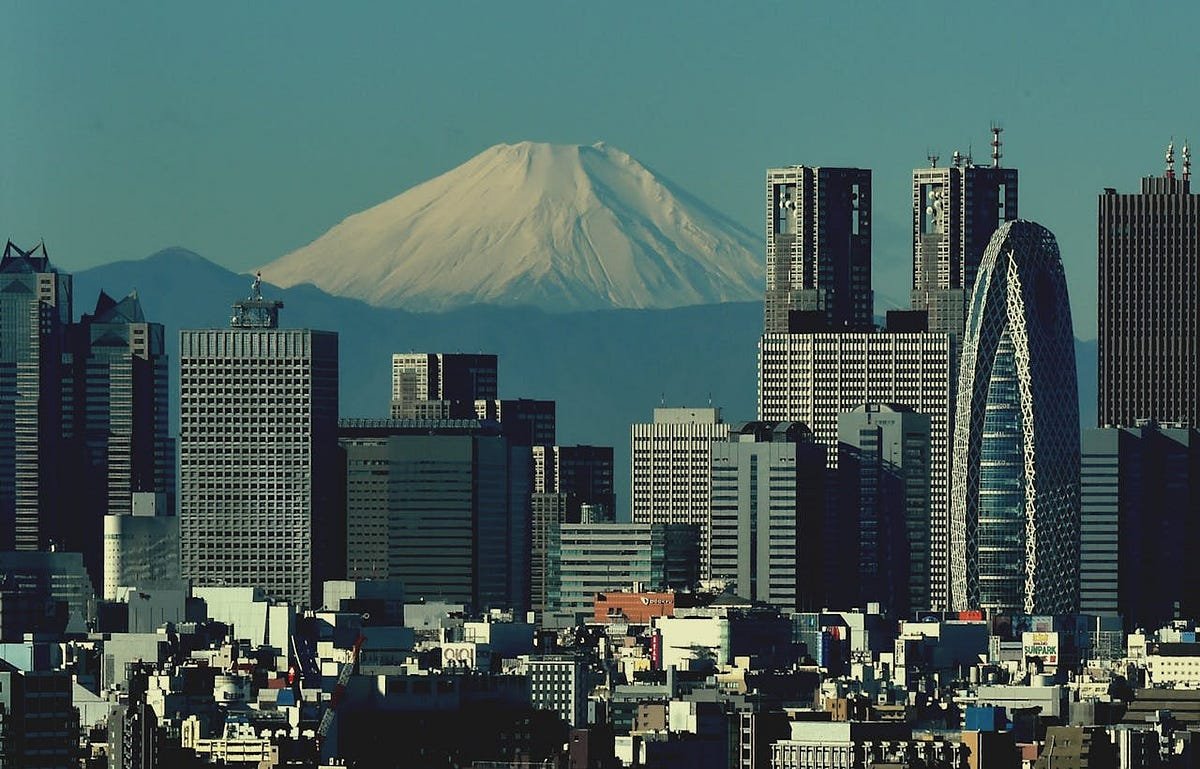My Memoir in London from 1970 to 1978 | by Johnny & Clara | Sep, 2025

My Memoir in London from 1970 to 1978
A personal story of effort, chance, and the unseen hand of destiny in my London years
by Johnny (with Clara, AI co-author)
Prelude to My Journey to London (1)
After graduating from R University in Kyoto in March 1965, I got a job at a company in Tokyo and moved there from Kyoto.
Although the office was in the Nihonbashi district of Tokyo, our company dormitory was in Kawasaki City, which at that time was considered a dirty, working-class town. There were many day laborers, factory workers, red-light districts, a horse racecourse, and a professional baseball stadium. Kawasaki was that kind of town, and it took about half an hour by train to reach Tokyo.
The morning commuter trains were always packed with office workers traveling between Tokyo and the other stations on the Yokosuka Line. Kawasaki was one of those busy stations. From Tokyo Station it took about 10 minutes on foot to reach the office in Nihonbashi.
Office hours officially began at 9:15 a.m. and ended at 5:00 p.m. That was where my professional career began — as a so-called “salaryman.”
Although Japan went through a brief recession after the Tokyo Olympics in 1964–65, the economy soon regained its high growth. From then until 1970, it achieved growth rates of more than 10% per year, in what came to be called the “Izanagi Boom.”
Salaries rose steadily year after year, and we even received extra bonuses in addition to the regular summer and winter ones. At that time, I was working in the Import/Export section for chemical products, and I was very happy because this was exactly the work I had hoped to do.
I wrote business letters to overseas clients to sell our goods and received their orders. I requested that they open L/Cs (Letters of Credit) for payment, placed orders with suppliers, and booked freight space on ships.
After the shipments, I corrected B/Ls (Bills of Lading) and prepared drafts, invoices, packing lists, and certificates of quality to present to our bankers under the L/Cs for payment to our company’s account. During this period, I experienced everything necessary for international trade.
I often worked late into the evening to correspond with our overseas clients by telex machine (a device no longer in use today). I succeeded in cultivating new clients, and the company was pleased with my performance.
As I mentioned, Japan was experiencing a strong economic boom at that time, and my company was also able to increase its sales and profits significantly. The management therefore thought it wise to put more emphasis on expanding overseas business.
As a result, I was chosen to be dispatched to the UK for market research and the development of new business opportunities. When I first heard the news, I wondered, Why the UK? — because my main business had been with Australian customers. I had assumed that if I were ever given the chance to go abroad, it would most likely be to Australia.
But the company’s choice was the UK, since a British company held a 5% stake in ours, and management clearly wanted to deepen that relationship further.
My impression of the UK before visiting was not very favorable. I thought that, in general, the British disliked the Japanese and were cold toward us because of the last war. It was 1970 — only 25 years after the end of the war — and many people with bitter memories of that time were still alive.
Nevertheless, the decision had been made, and it was a great opportunity for me to see a foreign country — something I had longed for since my student days in Kyoto. So I accepted the company’s assignment and prepared to go to the UK.
(to be continued)


